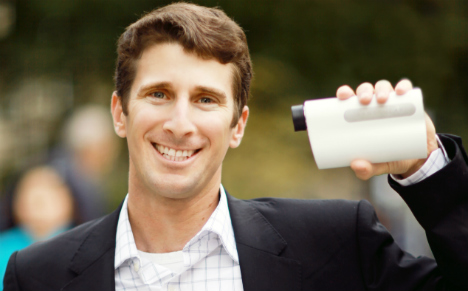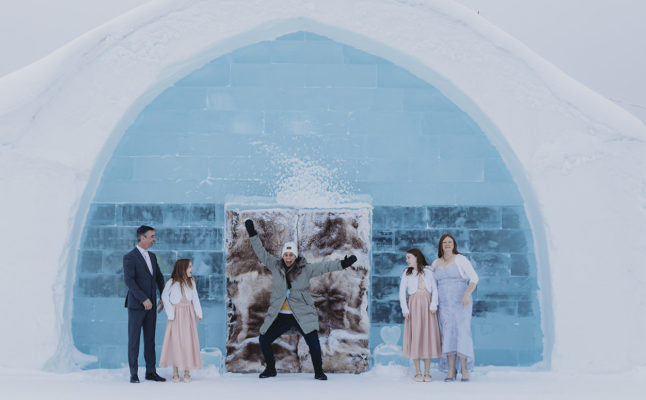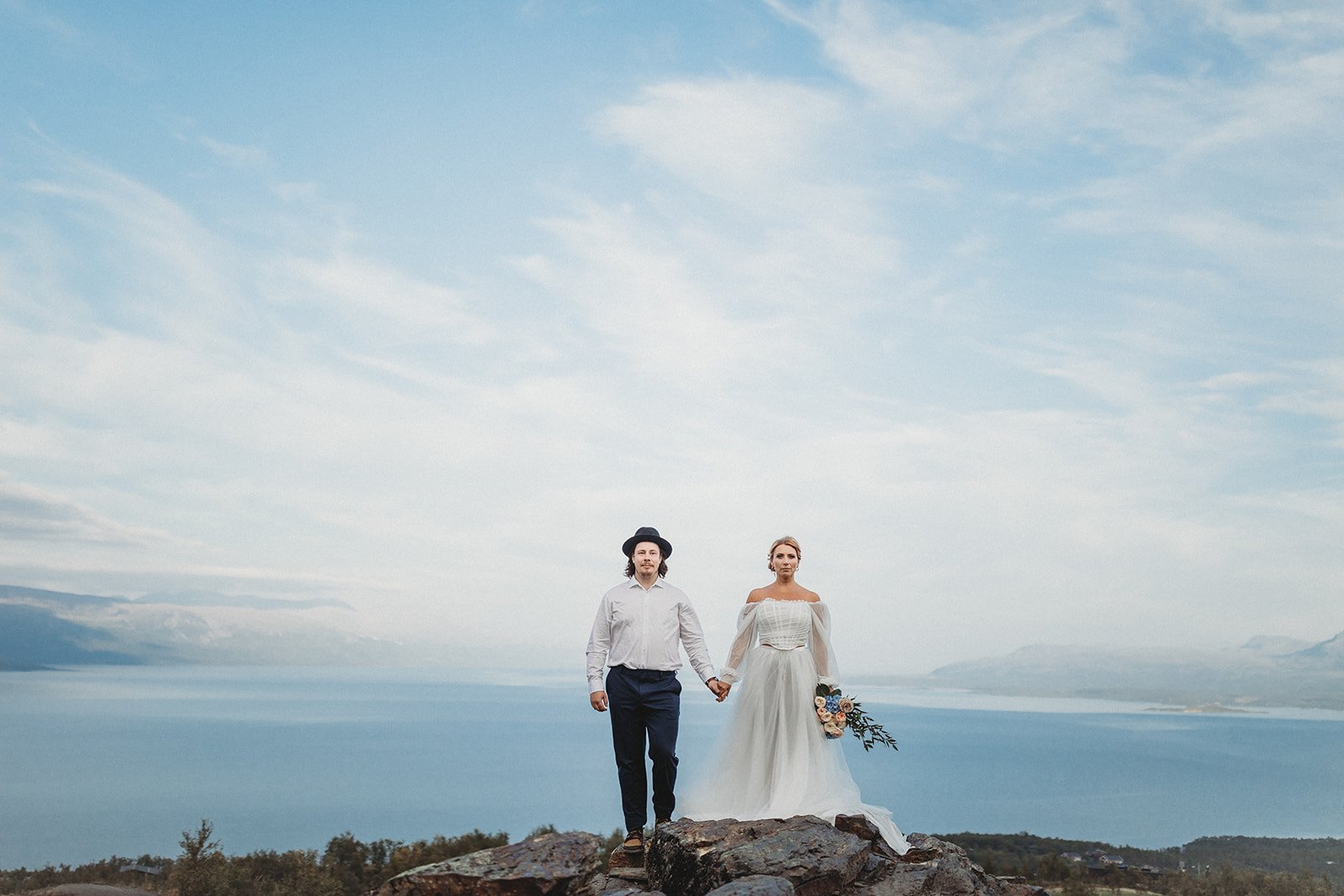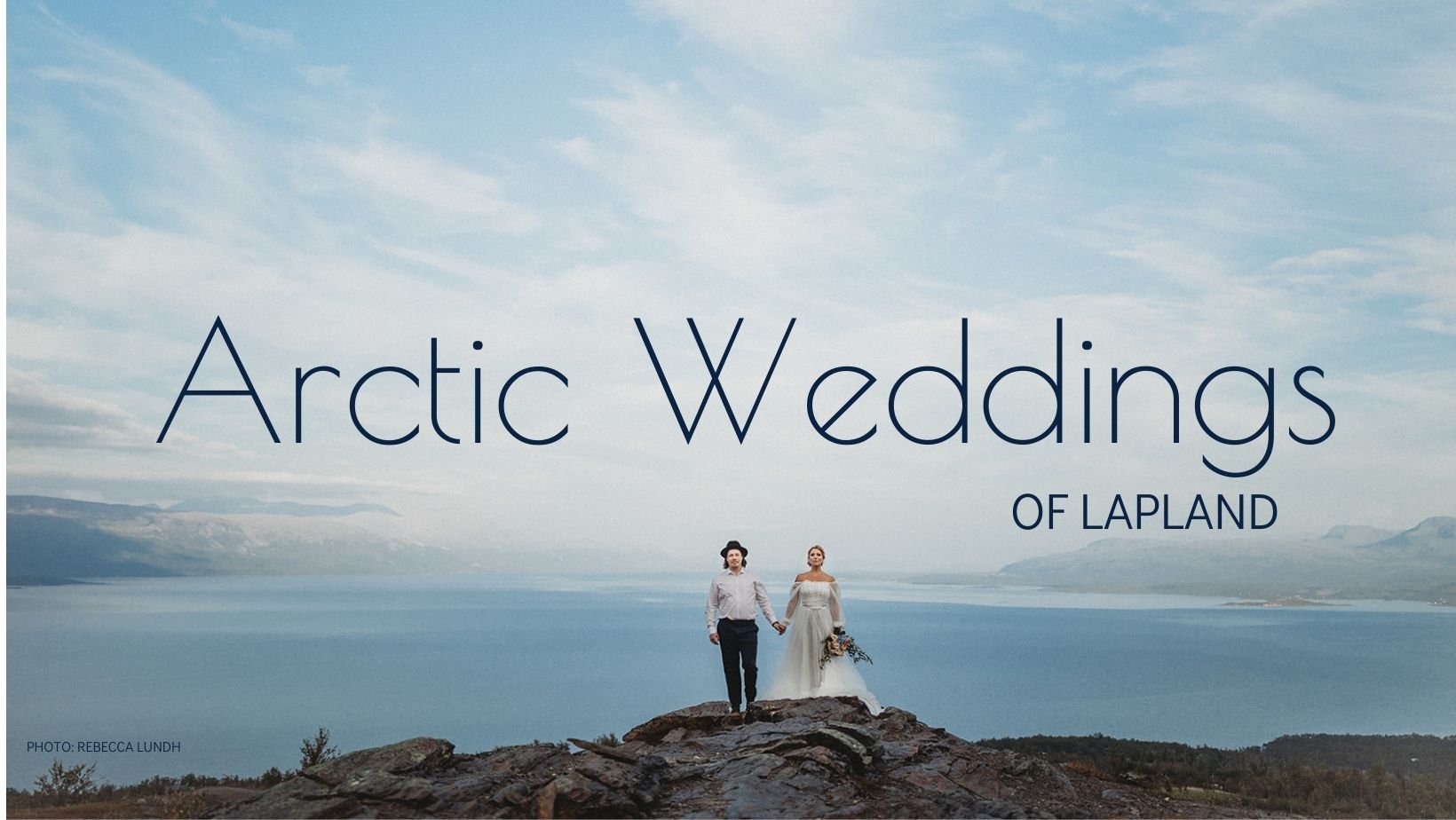Volsky, 35, made the switch from southern California to Stockholm in 2008. He got his Masters at Stockholm University in sustainable business development and it was during his studies that the seeds for his future career were planted.
"During the middle of my studies I began working with my sister-in-law, Elisabeth Wikström Shemer, who is a gynaecologist. She had developed a prototype of her invention, the Gynocular," Volsky tells The Local.
The Gynocular is a revolutionary medical device which is used for screening cervical cancer. What makes it stand out is that it is portable, battery powered, weighs just 480 grammes, and can easily be transported around the world.
Cervical cancer claims thousands of lives every year. It begins when pre-cancer forms in tissues of the cervix with many women not showing any symptoms until it is too late.
Women aged between 25-49 are considered most at risk and are encouraged to go for regular screening tests.
"Sadly cervical cancer is increasing but if it is spotted early then it can be treated successfully," says the American, who is the CEO of Gynius which manufactures and sells the device.
He adds; "The Gynocular works by taking a magnified view of the cervix and if there is an abnormal lesion the doctor can detect it."
In essence the colposcope performs the same function as what most women in Europe will undergo if their smear test shows abnormal results.
In developing countries a method called VIA (visual inspection with acetic acid) is used instead of a smear.
"With VIA they are looking at the cervix with the naked eye. Women with a positive test should have a colposcopy examination to further evaluate the cervical lesion to avoid overtreatment. But often, there is a lack of access to colposcopy.
"We developed the Gynocular with the developing world in mind and conducted clinical studies in Bangladesh, Uganda and Sweden where it has been very successful," says Volsky.
The entrepreneur said getting the business off the ground was made easier in Sweden. He landed investment from the H&M Conscious Foundation, an independent organization that supports causes such as education, clean water, and strengthening women in countries where H&M operates.
“At the start we had a lot of soft money and support from the government. In Sweden it is definitely easier to get your business going but it is probably more expensive as time goes by. There is a great appetite for social entrepreneurship here,” he says.
Landing the backing of the H&M Conscious Foundation has helped the company to take the Gynocular into the global market. While Volsky is keen to see the product reach all four corners of the world he is proud of the interest it has generated in his adopted home
Indeed, the words ‘Made in Sweden’ which features on each device is a major asset when speaking with potential clients such as healthcare professionals in Africa (pictured below).
“Sweden has a good reputation for quality and design. We are a Swedish company first and foremost and that opens quite a lot of doors. The Gynocular has been rigorously tested in Sweden and the feedback we’ve got from healthcare professionals here has been very positive,” Volsky tells The Local.
"I would also like to emphasize the importance of having a multicultural team,’’ Volsky explains.
‘’Working with Elisabeth and her husband Isaac Shemer (also an MD-PhD) has taught me a lot about how different cultures approach challenges and manage operations. I think having this unique perspective, which is not so common in the US has helped us become successful."
The entrepreneur said that a wide variety of clients have invested in a Gynocular from private clinics to public hospitals. Volsky takes enquiries from all around the world all keen on getting their hands on the portable device which could be the difference between life and death.
“In the past few days we’ve shipped to Ireland, the US, Panama, and India. And so far, after only a few months on the market, we are already in over 25 markets.Our mission really though is to get the product into more developing countries."
“That’s where the Gynocular really comes into its own as there nothing else out there like it,” concludes Volsky.
For more information on the Gynocoular colposcope please see www.gynocular.com





 Please whitelist us to continue reading.
Please whitelist us to continue reading.
Member comments